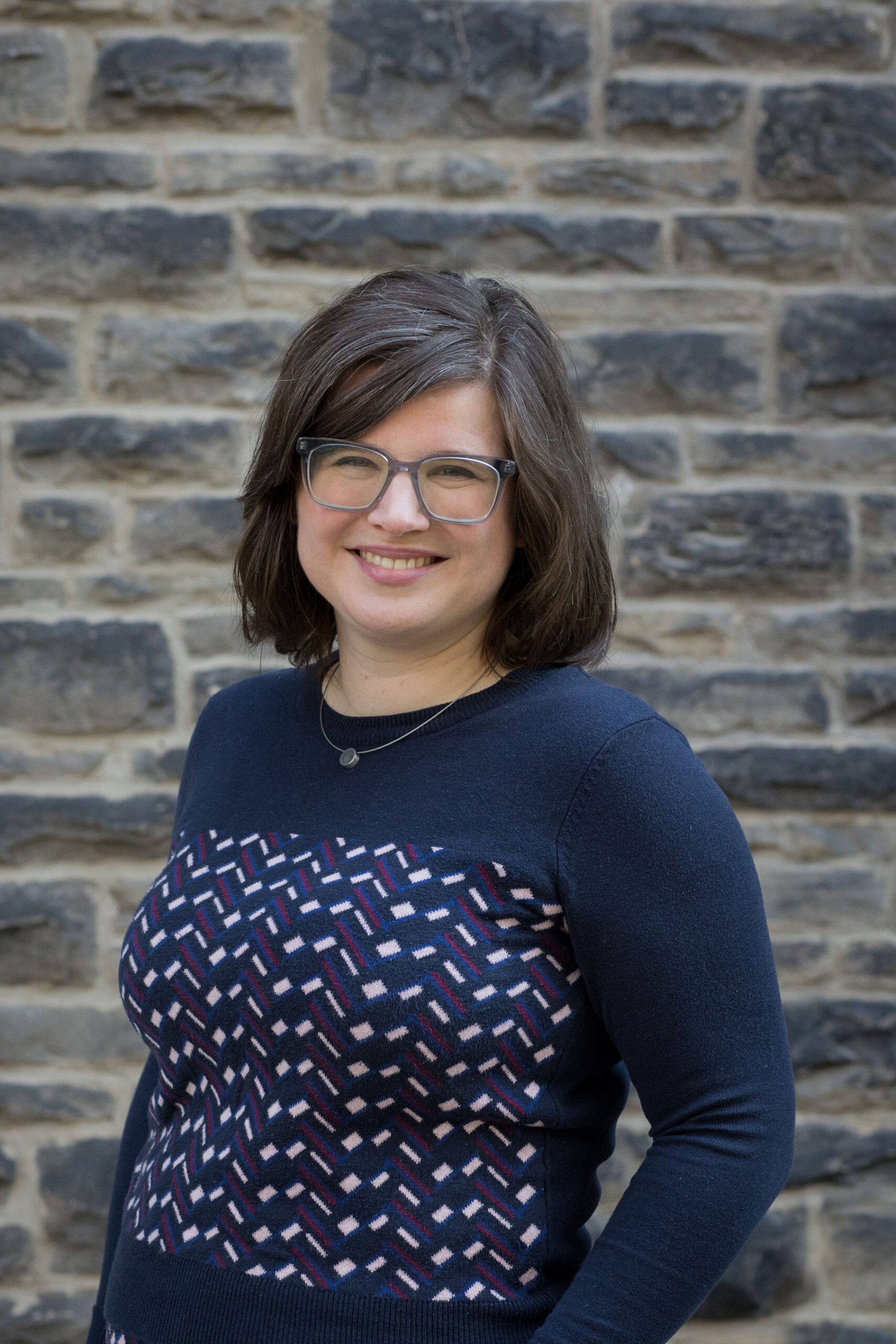A few years ago, I thought I would spend Christmas Eve sharing the news with my parents and close friends that I was expecting my first child. Instead, late in December, I sighed with relief after hanging up a call with the secretary of an abortion clinic; they could fit me in for an appointment the next day. Earlier that fall, I was thrilled to learn I was pregnant, but a recent ultrasound had shown no heartbeat for my wanted child. The inevitable miscarriage was slow to progress on its own, and in consultation with my doctor, I had decided a dilation and curettage (D&C) was the best choice.
I have been a church musician my entire career. My Decembers are always spent making music to help communities welcome the symbolic birth of the child of God. Nothing prepared me for what it would feel like to lead those services and carols while carrying a wanted child that had died. “You shall conceive and bear a son,” “Holy infant so tender and mild,” “the child leapt in her womb.”
For many, contemporary Christianity is synonymous with restrictive and oppressive attitudes toward abortion care. The Genesis mandate to “be fruitful and multiply” is understood as an absolute. The beautiful words of Psalm 139—“You knit me together in my mother’s womb”—are taken not as a sign of our Creator’s infinite love, but used to rob people of their bodily autonomy. Before my experience that December, I was pro-choice, a conviction which I never felt was out of step with my faith. After my experience at the abortion clinic, I came to understand why.
Want to read more from Broadview? Consider subscribing to one of our newsletters.
The clinic was almost aggressively drab, I think intentionally so as to conceal its identity, and had heightened security compared with the offices around it. Medically, a D&C to remove tissue from a loss is the same as a surgical abortion. The medical staff were efficient and matter-of-fact, and when it was done, I was led to a room with about a dozen reclined chairs. Groggy and in pain, I was given a heating pad for my abdomen and cookies and juice to keep my blood pressure up. Kind of like when you give blood, I remember thinking.
Those 20 or so minutes that I lay in recovery with a handful of other people who had just received provincially-funded abortion care is the memory that stays with me the most. A woman to my right was on the phone checking in with a loved one, sounding like she was fielding questions about a holiday gathering. There is nothing easy about needing an abortion at the end of December when everyone around you is wrapping presents, turning on out-of-office messages, and singing Joy to the World.
Without knowing the reasons of the patients around me, I felt a sense of solidarity, and gratitude for our healthcare system. We all needed urgent care for a sensitive matter and received it. As hard as it was to go through this loss during the height of Advent, amid the story of the promised child’s birth, my longing for the child that I lost strengthened my resolve that everyone born should be born to someone who wants them. That promised child, our faith’s namesake, also called us to care fiercely for those in our midst. Policing uteruses and speaking on behalf of the unborn seems to me a convenient way to avoid extending extravagant love and care to those already among us whom society has marginalized.
More on Broadview:
- The end of Roe v. Wade proves the fight isn’t over for P.E.I. pro-choice advocates
- Why Jesus is history’s most overlooked conservationist
- Failed Canadian political candidates question who the selection process leaves out
Fast forward to last summer, when I attended a rally for reproductive justice in Toronto, this time, with my young daughter in tow. The overturning of Roe v. Wade last June, and last week’s news of Florida governor Ron DeSantis’s draconian bill which bans abortion past six weeks’ gestation, are only the most tangible outcomes of years of calculated attacks on reproductive rights. Yes, we have a different context here in Canada, but we can’t afford to stop advocating for access to abortion. Healthcare in Ontario and across Canada is not always consistently funded, and adequate care of all kinds is not guaranteed. As we have seen too many times throughout our nation’s history, practical barriers to abortion access put people’s lives and health at risk. Both childbirth and abortion must be funded equally to avoid discriminating against anyone with a uterus, especially against Indigenous persons who have suffered reproductive injustices disproportionately throughout Canada’s ongoing colonial history.
“Come, thou long-expected Jesus,” the Advent hymn intones. That same long-expected Jesus expects us to love as we have been loved, and to extend radical hospitality and care even when we are disparaged for it. I am more vocal now about protections to our healthcare system, because it was there for me when I could barely speak for myself, and it isn’t guaranteed.
***
Hilary Seraph Donaldson is a musician, worship leader, and writer based in Toronto. She currently serves as President of the Hymn Society in the United States and Canada, and is Director of Music at St. Andrew’s United Church, Toronto. Hilary has led adult, youth, and children’s choirs in both Toronto and Dallas, Texas, and has a passion for church leadership, congregational song, and the pulse of worship.















